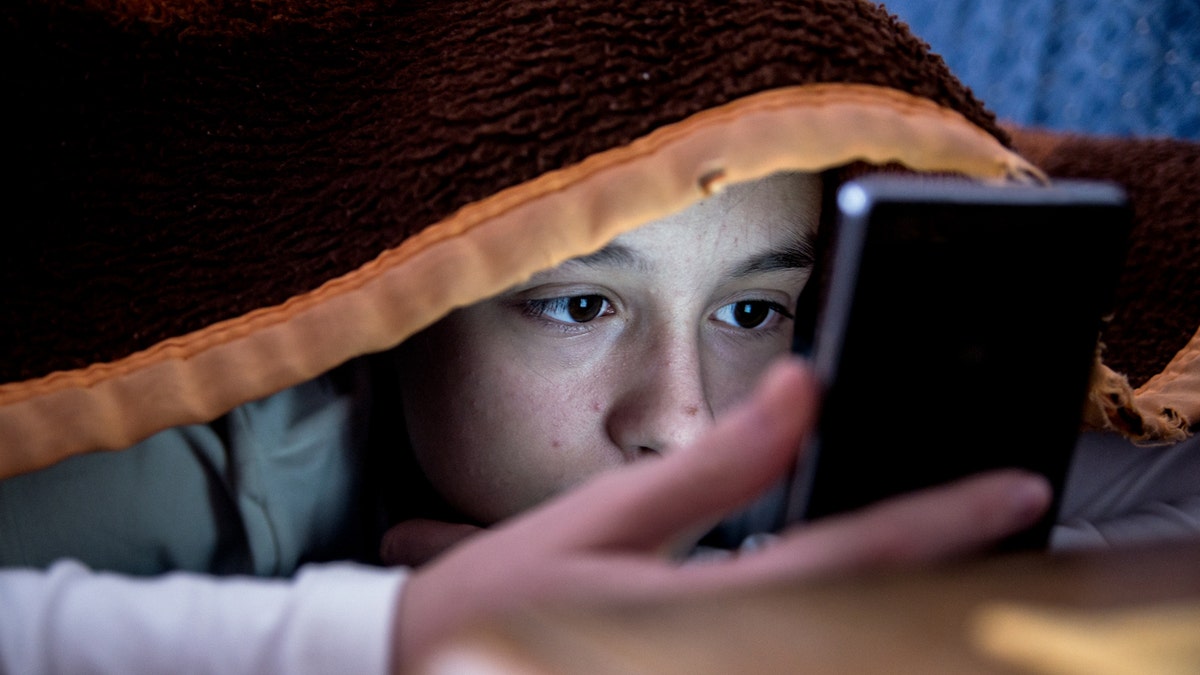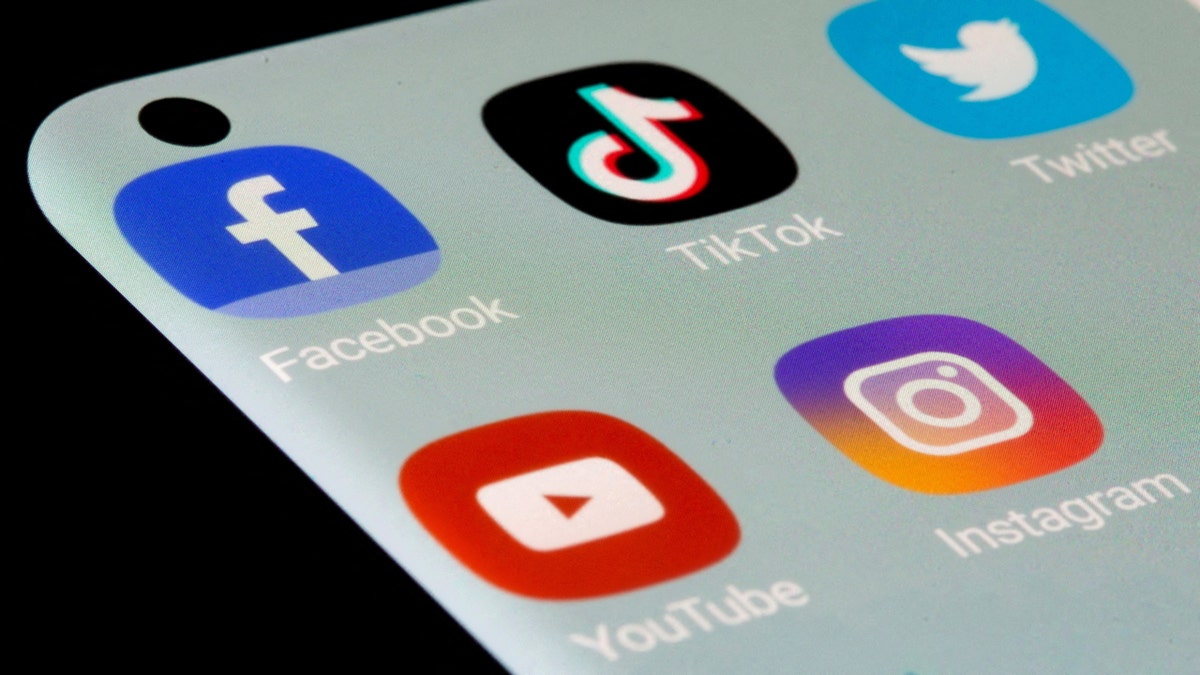'Anxious Generation' author cautions parents about smartphones
Social psychologist Jonathan Haidt on how smartphones and social media have negatively impacted the mental health of teenagers and how this can be solved.
Smartphones are creating an anxiety and depression-riddled generation of teens, according to social psychologist and New York University professor Jonathan Haidt, but there are steps parents can take to help protect the next generation.
Haidt, author of the new book "The Anxious Generation," said Thursday that his first piece of advice is no smartphones before high school.
"We've got to let kids get through at least early puberty. Get this all out of middle school. Let's really protect middle schoolers' brains. Give them a flip phone if you want to communicate with them, not a smartphone," Haidt told "Fox & Friends."
TEEN GIRLS DEALING WITH MENTAL HEALTH CRISIS NEED ‘CONNECTION’ MOST, DOCTORS SAY

Social psychologist Jonathan Haidt encouraged parents to give middle schooners flip phones instead of smartphones. (iStock)
Letting millennials set the example, he pointed to the days before smartphones when teens communicated by flip phones.
"[They] don't lock you in," he explained. "Once you get a smartphone, you've got to be on it. It's going to take over much of your life."
Social media is another culprit at the fingertips of today's children and teens. Haidt advised parents to forbid social media use for kids under 16, explaining that the platforms were developed to "hook" kids.

Smartphones and social media use have been linked to upticks in mental health issues among younger generations. (REUTERS/Dado Ruvic/Illustration/File Photo)
"For girls, their mental health from 2000 to 2010, 2011 is actually pretty stable. Then, all of a sudden, around 2013, we have a very sharp curve where the girls get very, very depressed and especially [turn to] self-harm. Self-harm rates go up more than 100%. For the pre-teen girls, it's closer to 200%, so something was happening to girls, and it seems to be related to social media," he noted.
"[Boys are] doing much worse too. It's not exactly social media. It's moving away from the real world. Boys need to be very active [with] sports and running around. [With smartphones], they get more and more onto video games. They spend more and more time on screens, so their mental health does get worse."
MOTHER OF ANXIOUS CHILD EXPLORES MENTAL HEALTH CRISIS GRIPPING YOUNG ADULTS IN ‘ANXIOUS NATION’
His final pieces of advice – keep schools smartphone-free by making kids store their devices in lockers or pouches and prioritizing real-world play and independence outside the classroom.
"Individually we are fairly powerless," he said. "But as soon as we act together, boom. Problem solved. What you need to do, especially if your kids are young, talk to the parents of your friends, [the parents] of your your kids' friends…
"Everywhere I go, everyone wants to solve this. Even Gen Z, the young people see the problem, so I think we're going to win on this."




